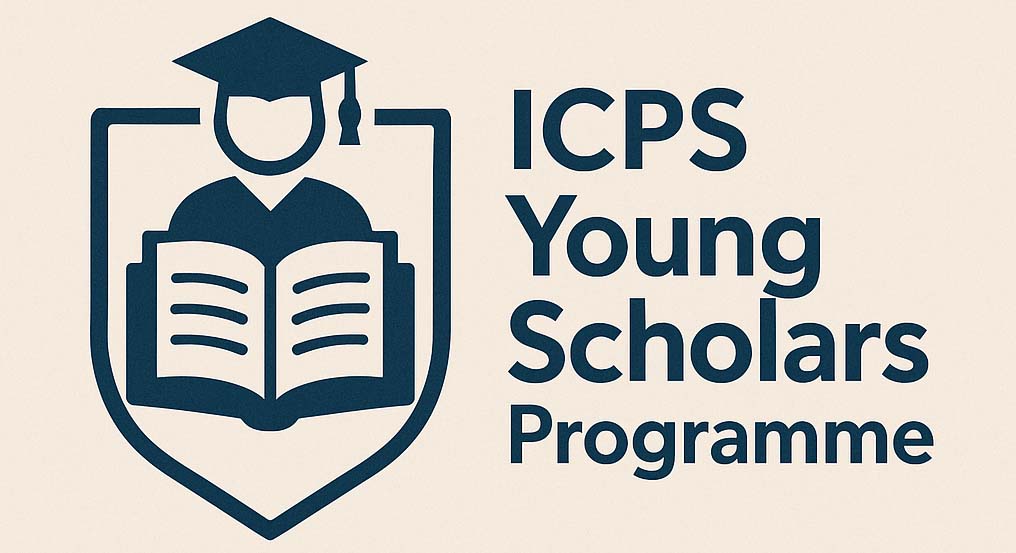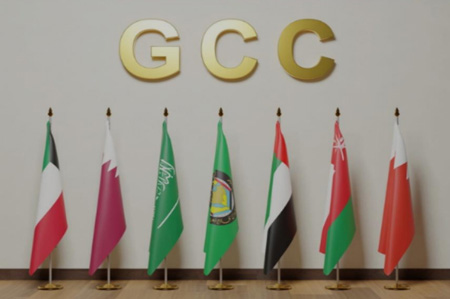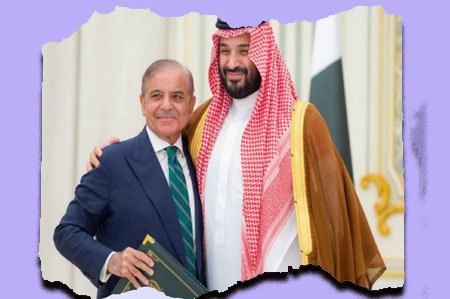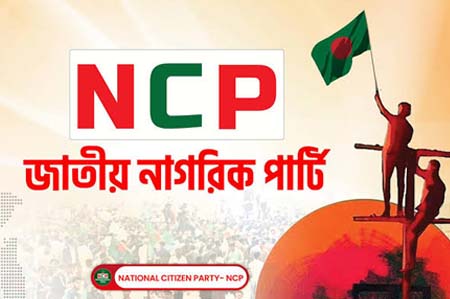



This Issue Brief analyses the structural limitations of the Gulf security framework in light of Israel’s unprecedented attack in Doha on 9 September, targeting Palestinian Hamas leadership. While the attack marked a dangerous escalation of Tel Aviv’s regional adventurism, it also exposed the enduring structural weaknesses of the Gulf’s security architecture which has been defined by entrenched dependency on the United States.

This issue brief explores whether Pakistan can evolve from a traditional “security contractor” into West Asia’s net security stabiliser. The September 17, 2025, Saudi-Pakistan Strategic Mutual Defence Agreement marks a pivotal moment, formalising decades of military cooperation between the two countries. Historically, Pakistan has trained Gulf forces, guarded monarchies, and provided military personnel, often in transactional arrangements....

The Jatiya Nagorik Party (JNP)— born out of the Students Against Discrimination (SAD) movement, that steered the July 2024 uprising in Bangladesh— is seeking to break the decades-long dominance of the Awami League and BNP, and advocating for a Second Republic through constitutional reform and centrist, pluralist governance. As it navigates entrenched power structures and competing opposition forces, it faces both great promise and uncertain challenges in its quest to reshape the nation’s political future.



The article examines Bangladesh’s rapidly deteriorating political and social landscape, marked by democratic erosion, the normalisation of mob violence, and the systematic assault on the country’s pluralistic Bengali identity.
The article examines how the 2025 United States National Security Strategy reflects a major strategic recalibration in U.S. foreign policy, marked by a shift toward interest-based, selective global engagement.

Topic: “US under Trump 2.0: Issues, Challenges and Future Directions for India and the World”
Syed Eesar Mehdi's Article Published in Centre for Kashmir Analysis and Research (C-KAR) titled "Pakistan’s Social Media Disinformation Blitz: Orchestrated Propaganda Seeks to Twist Kashmir Narrative Amid Pahalgam Tragedy" on April 27, 2025.
The International Centre for Peace Studies (ICPS), New Delhi, proudly partnered with the Nelson Mandela Centre for Peace and Conflict Resolution (NMCPCR), Jamia Millia Islamia, for a one-day Graduate Conference titled “World Order in Disarray: Perspectives on Shifting Geopolitics”, held on April 25, 2025.
Syed Eesar Mehdi's Article Published in Centre for Kashmir Analysis and Research (C-KAR) titled "The Battle of Narratives and Perception: Will Pahalgam 2025 Mark the Change in Kashmir Forever?" on April 24, 2025
There was a time when Kashmir was a headline. A buzzword. A flashpoint used by talking heads and politicians far from the valley’s windswept apple orchards and snow-laced hills. It was spoken of in boardrooms, in war rooms, and in drawing rooms—anywhere but where the real people lived, where the real damage was done. But something has begun to shift, quietly but profoundly. And perhaps for the first time in decades, Kashmir is not being defined by those who seek to fragment it, but by those who have lived, endured, and are now choosing to rebuild it.
If Bangladesh continues to whitewash its past, it risks losing its national identity and the ideals that gave it independence
Given his past decisions—such as withdrawing the US from multilateral agreements like the Paris Climate Accord—Donald Trump may push to reshape the QUAD into a more security-centric framework
When the Russia-Ukraine war broke out in February 2022, much of the West viewed global responses through a binary lens, as usual—us versus them—defining countries as either supporters of Ukraine or allies of Russia. Western nations, particularly the United States and its European allies, presented this struggle in moralistic terms: democracy vs autocracy, good versus evil, the free world versus an expansionist dictatorships.
India and Bangladesh share a deep-rooted historical, civilizational, and geographical connection. As neighbours in South Asia, their relationship has been characterized by cooperation and mutual respect but has also faced occasional challenges due to differing perceptions, internal politics, historical reasons, and relative power dynamics.
Comments
Ottoman Shadow in India’s Neighbourhood
Senge Sering
As part of Turkey’s ambition to emerge as a global Islamic leader, it is seeking to expand its influence in India’s neighbourhood. Its strategic ties with Pakistan and Bangladesh remain an area of concern for India.
A New Agenda for Maoists: Democracy
P. V. Ramana
Following significant surrenders in 2025, India’s Maoists face a pivotal shift from armed insurrection to possible democratic participation. This analysis explores their potential transition into a mainstream political force.
India’s West Asian Calculus in a Multipolar World: Strategic Autonomy drives its Counter-terror Normative Ambition
Simran Rathore
India’s evolving West Asia policy reflects a balance of strategic autonomy, multi alignment, and counter terrorism leadership. By combining pragmatic energy and diaspora interests with normative activism like the CCIT, New Delhi positions itself as a responsible middle power—hedging against great power rivalry while advancing cooperative security frameworks in a multipolar world.
The Curious Case of Bangladesh Jamaat-e-Islami 2.0: Attempts at Rebranding Do not Alter the Core
Ankita Sanyal
Following the fall of Sheikh Hasina, Bangladesh Jamaat-e-Islami (BJI) has aggressively worked towards a political resurgence. While attempting to rebrand as a moderate, inclusive party through minority outreach and "anti-fascist" rhetoric, BJI simultaneously engages in historical revisionism regarding the 1971 Liberation War and by aligning with other Islamist factions, the party increasingly advocates for Sharia-based governance and the eradication of "man-made" laws.